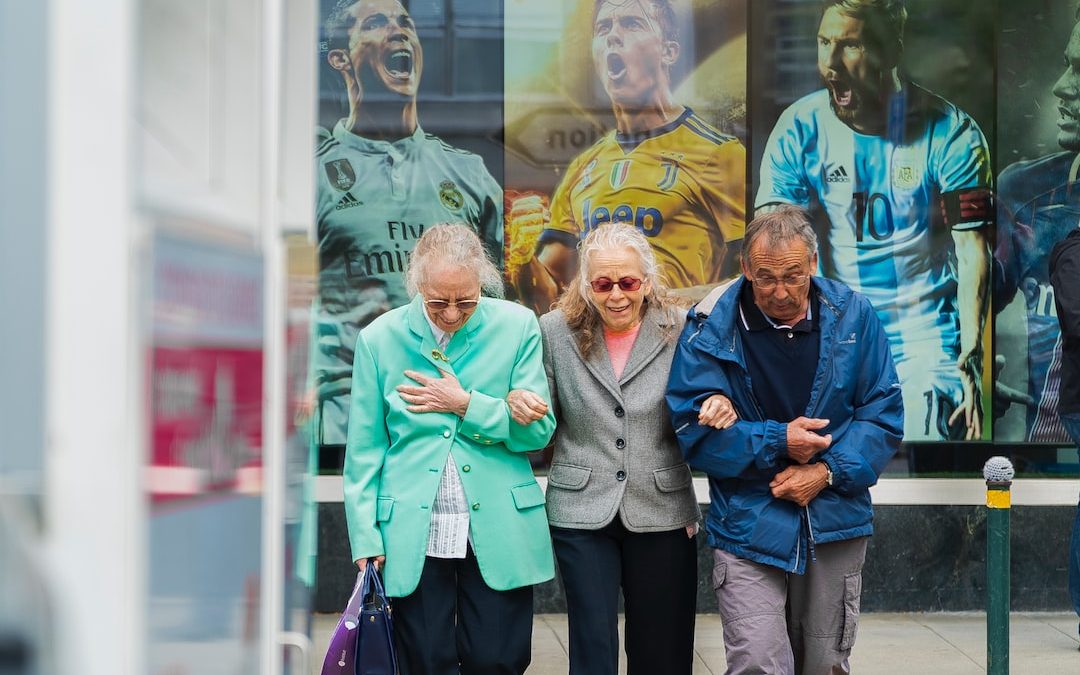Table of Contents
Uncovering Geneva’s Rich History
Introduction
Welcome to Geneva, the city of international diplomacy and world-renowned watchmakers. Embedded in this beautiful Swiss city is a vibrant and rich history that dates back centuries. From ancient Roman settlements to the many wars that shaped the city of today, Geneva has a unique and fascinating past. This article will explore some of the most notable events and people who have helped shape Geneva’s history, as well as the most popular places to visit to learn more about the city’s past.
The Roman Settlement and the Birth of Christianity
The first inhabitants of Geneva were Celts, who settled in the region around 400 B.C. In 58 B.C. the Romans arrived and founded the city of Genava, which served as an important trade route between Italy and Germany. Christianity also arrived in Geneva during this time period, thanks to the missionary Saint Victor. The first church in Geneva was built in the 4th century, making it one of the oldest churches in Europe.
The Age of Medieval Empires
Geneva flourished in the Middle Ages, becoming a major trading center in Europe. The city was ruled by the Dukes of Savoy from 1294 to 1536, when the city was annexed by the Swiss Confederation. During this period, the city’s economy flourished thanks to the silk and watchmaking industries. The city’s political power and influence also grew, becoming an important center for diplomacy.
The Reformation and the Birth of Calvinism
The Protestant Reformation had a major impact on Geneva. In 1536, the city officially adopted Protestantism, and Calvinism quickly became the dominant religion. John Calvin, the French theologian and reformer, was a major influence in Geneva. He was a major proponent of the Protestant Reformation and helped to shape the city’s laws, government, and culture.
The Reign of Geneva’s Old Regime
The Old Regime was a period of political and economic stability in Geneva that lasted from 1602 to 1798. During this time, the city was ruled by an oligarchy of powerful families, who had a monopoly on the city’s political, economic, and religious power. This period of stability saw the city’s population grow to over 30,000 and its economy flourish.
The French Revolution and the Rise of Napoleon
The French Revolution had a major impact on Geneva. In 1798, the city was annexed by the French Republic and became part of the French Empire under Napoleon Bonaparte. During this period, the city’s political and legal systems were reformed, and the city saw a major economic boom. After a brief period of stability, the city was annexed back to the Swiss Confederation in 1815.
The Industrial Revolution and the Birth of Modern Geneva
The 19th century saw the city enter a period of great economic and political prosperity. The Industrial Revolution had a major impact on the city’s economy, as the watchmaking and silk industries flourished. This period also saw the city become a major center for international diplomacy, as the League of Nations was founded in Geneva in 1920.
The 20th Century and the Rise of the Swiss Banking System
The 20th century saw the rise of the Swiss banking system, which made Geneva one of the wealthiest cities in Europe. The city also became a major center for international organizations, such as the World Health Organization and the United Nations. This period also saw the city become a major center for culture and the arts, as well as a popular tourist destination.
The 21st Century and the Future of Geneva
The 21st century has seen Geneva become an even more international city. The city is home to over 200 international organizations and is a major center for banking, diplomacy, and culture. The city is also home to a vibrant and diverse population, and its economy continues to grow and thrive.
Notable People Who Have Shaped Geneva’s History
Geneva has been shaped by many great minds over the centuries. Here are some of the most notable people who have helped shape the city’s history:
- John Calvin: the French theologian and reformer who shaped Geneva’s laws, government, and culture.
- Jean-Jacques Rousseau: the philosopher and writer who wrote The Social Contract and was an important influence in the city’s politics.
- Henri Dunant: the founder of the International Committee of the Red Cross and Nobel Peace Prize Laureate.
- Albert Einstein: the scientist and Nobel Prize Laureate who developed the Theory of Relativity.
- Carl Jung: the Swiss psychiatrist and psychoanalyst who founded analytical psychology.
Notable Places to Visit to Uncover Geneva’s Rich History
Geneva has many museums and monuments that help to uncover the city’s rich history. Here are some of the most popular places to visit:
- The International Red Cross Museum: a museum dedicated to the history and work of the International Committee of the Red Cross.
- The Cathedral of Saint Pierre: the oldest church in Geneva, built in the 4th century.
- The Reformation Monument: a monument dedicated to the Protestant Reformation and the people who shaped it.
- The Palace of Nations: the United Nations headquarters in Geneva, home to the UN Human Rights Council.
- The Museum of Art and History: a museum dedicated to the history and art of Geneva.
Conclusion
Geneva is a city with a long and fascinating history. From its ancient Roman origins to its modern-day status as a major international center, the city has been shaped by a myriad of events and people over the centuries. To learn more about the city’s rich history, we can visit the many museums and monuments located throughout the city. Whether you’re interested in the city’s Roman roots, its Protestant Reformation, or its modern-day international status, Geneva has something for everyone.












